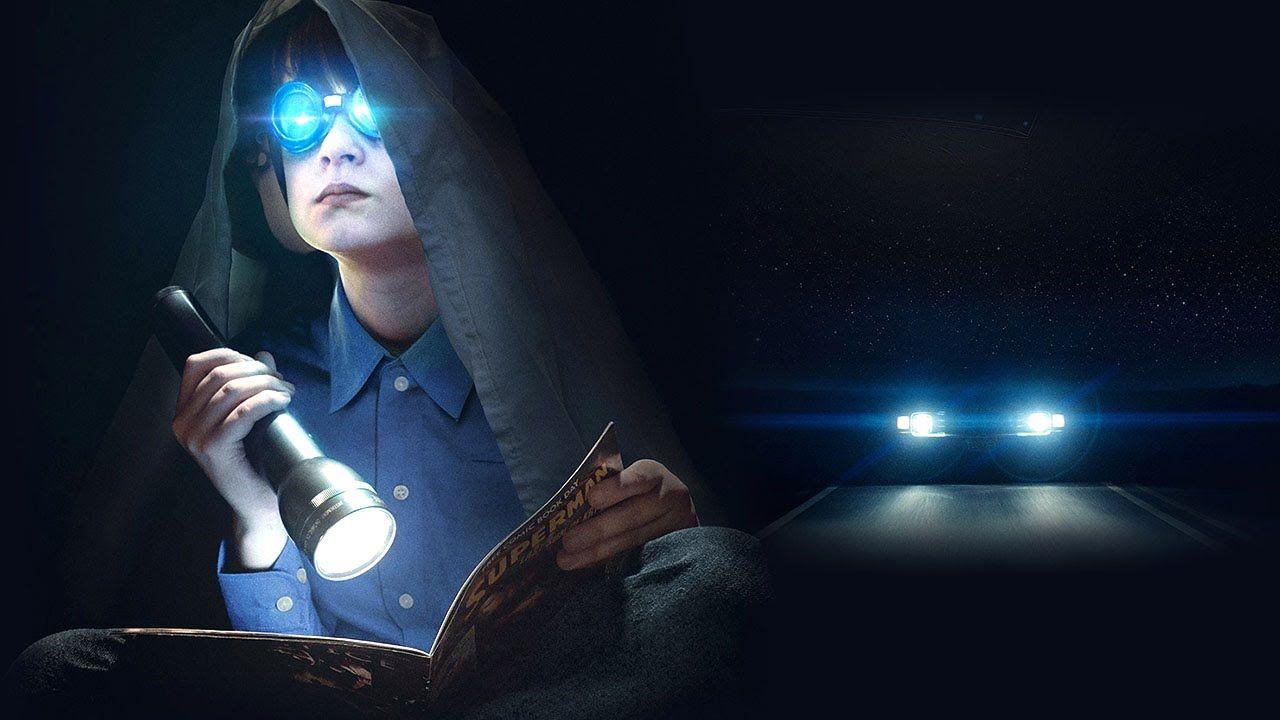
On 'Midnight Special'
 Jeff Nichols’ Midnight Special delivers a powerful new take on science-fiction thrillers, as it evokes emotional value within the narrative, something that recent thrillers have failed to do.
Jeff Nichols’ Midnight Special delivers a powerful new take on science-fiction thrillers, as it evokes emotional value within the narrative, something that recent thrillers have failed to do.
The narrative is fairly simple, one that acts as a strength to the film as a whole, as we invest our attention into this peculiar family on the run. Without giving too much away, Midnight Special sees an eight-year-old boy named Alton (Jaeden Lieberher), who is forced to wear curious goggles in order to conceal his celestially gifted power. Alton bears some physical and mental connection to extra-terrestrials. His father and a close friend, Michael Shannon and Joel Edgerton, are on the run from both the United States government and a religious cult in Texas, who see Alton as a prophet of sorts with God-given powers. The narrative follows the family fleeing from both parties and gradually reveals more information regarding the extent of Alton’s power and purpose on Earth.
Nichols’ take on science-fiction is exhilarating, as he succeeds in following the pattern of his previous works, which aligns his artistic allegiance to his hometown, Arkansas and more importantly, ‘the South’. Primarily, the film is great due to its unique take on a popular genre. Nichols’ purposely localised his narrative, which acts as an advantage to both his budget and his story. Unlike various other science-fiction films, Midnight Special follows a small set of characters who act as a necessity to Alton’s journey. Alton’s mother, played by Kirsten Dunst, is aware of Alton’s condition, but acts as any ‘good’ mother would in aiding his escape and finally realising she must detach her bond with him, in order to set her son ‘free’. On the other hand, a government agent played by Adam Driver, known for his role as ‘Kylo Ren’ in ‘Star Wars: Episode VII’, also supports the film’s narrative as he is just as oblivious as the audience, but ultimately understands the need for Alton’s freedom, away from humanity.
Stylistically, the localised fashion that Nichols’ used to craft this film is effective in every sense. We follow a handful of characters that are able to deliver their archetypes without it being forced or unnecessary. Also, the localised technique means that fast-paced action scenes are much more believable. One scene in particular stands out - as the family race to deliver Alton to an area designated by the extra-terrestrials, the family attempts to drive through a roadblock on a small lane, which is only guarded by two Humvees and few soldiers. Normally we would see a set of huge explosions, a ridiculous amount of army vehicles and a miraculous escape from the situation. This is not the case in Midnight Special.
The family risks everything to deliver their son and are caught and wounded in doing so. The lighting complements the design of the film as a whole, as Nichols’ emphasises the contrast between dark and light, exemplified by Alton’s eyes during his various inhumanly seizures. Nichols’ used a similar effect in ‘Take Shelter’, which used light very preciously to convey a similar juxtaposition. My favourite scene within the film also uses this technique, where Joel Edgerton decides to turn off the car’s lights, in order to slip through police patrols unnoticed and uses night vision goggles to drive through the pitch black highways. Nichols’ was influenced by a local southern myth, where criminals used this tactic to evade the police. Both halves of the film display the transition of family acceptance and the disastrous perceptions humans have on anything that is unorthodox.
Overall, Midnight Special is a fantastic film- the performance by the cast is impressive, Nichols’ allegiance to the South aids his sci-fi narrative, and the film is visually grounded.
